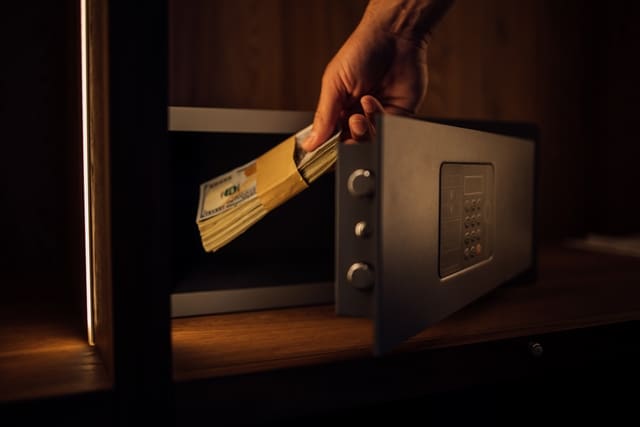As a homeowner, financial stability is key to maintaining peace of mind and ensuring your property is well-kept. One of the most crucial aspects of this stability is having a robust emergency fund. This safety net helps you handle unexpected expenses, from sudden home repairs to job loss, without jeopardizing your financial health. But how much should you actually set aside? This guide will delve into the factors you need to consider to determine the ideal amount for your emergency fund as a homeowner.
Understanding the Purpose of an Emergency Fund
An emergency fund serves as a financial buffer that can help you navigate through unforeseen circumstances without resorting to debt. For homeowners, this fund is especially important due to the multitude of potential unexpected costs, such as plumbing issues, roof repairs, or HVAC system failures. The purpose of an emergency fund is to provide immediate access to funds in a crisis, reducing the stress and financial strain associated with emergencies. It’s not just about having money saved, but about ensuring you have enough to cover the unique risks associated with homeownership.
Calculating Your Ideal Emergency Fund

Determining the ideal size of your emergency fund requires a thorough assessment of your monthly expenses and potential risks. Experts typically recommend setting aside three to six months’ worth of living expenses. However, homeowners might need to aim for the higher end of this range or even more, depending on factors like the age of your home and the local climate. For instance, an older home may require more frequent repairs, while living in an area prone to natural disasters might necessitate a larger fund. It’s essential to evaluate your specific situation and adjust your savings goal accordingly.
Building Your Emergency Fund
Building an emergency fund takes time and discipline, but the peace of mind it provides is invaluable. Start by setting a realistic savings goal based on your calculations and create a budget that allows you to contribute to your fund regularly. Automate your savings to ensure consistency and consider placing your fund in a high-yield savings account to maximize growth. Additionally, review your fund periodically to ensure it remains adequate as your financial situation or homeownership needs change. Remember, the key is to start small and gradually increase your savings over time.
Maintaining and Using Your Emergency Fund Wisely

Once you’ve established your emergency fund, maintaining it is just as important as building it. Regularly reassess your financial situation and adjust your savings as necessary. It’s also crucial to use your fund wisely; reserve it strictly for true emergencies and avoid dipping into it for non-urgent expenses. If you do need to use it, make a plan to replenish the fund as soon as possible. This discipline will ensure that you’re always prepared for whatever unexpected events come your way.
Final Thoughts
Having a well-sized emergency fund is essential for homeowners to navigate financial uncertainties with confidence. By understanding the purpose of an emergency fund, calculating your ideal amount, building it diligently, and maintaining it wisely, you can protect yourself from the financial stress of unexpected home-related expenses. Start building your emergency fund today to secure a more stable and worry-free future in your home.
#EmergencyFund #Homeownership #FinancialPlanning #HomeMaintenance #SavingsTips #HomeBudget #PersonalFinance #RealEstate #HomeInvestment

Richard has extensive experience in all aspects of buying and selling residential property. He has sold more than 400 homes and well over $100 million in residential real estate. There’s no need to guess. Get expert advice that will allow you to buy and sell with confidence and ease.
For neighborhood guides about Decatur and other intown neighborhoods, click here.
To learn more about the value of your home, please complete the form here.
If you are looking to purchase a home, please reach out here. We would love to help you have a wonderful buying experience.
You can always reach us through the Contact Us page here as well.
